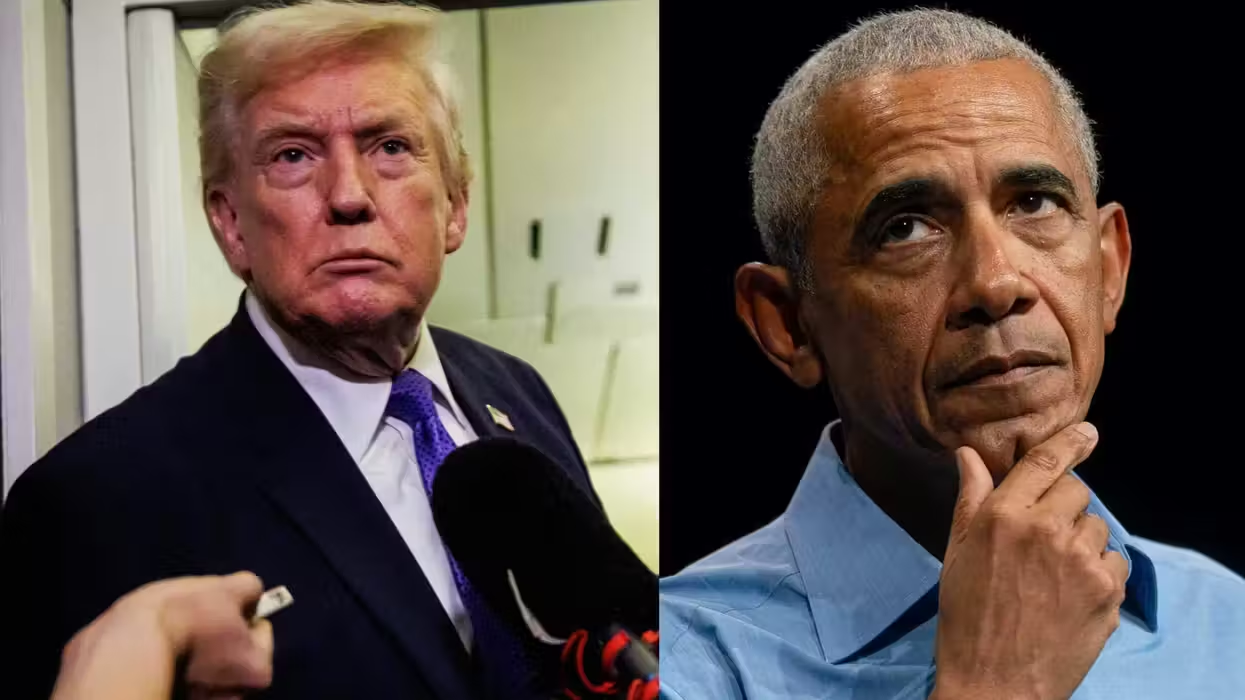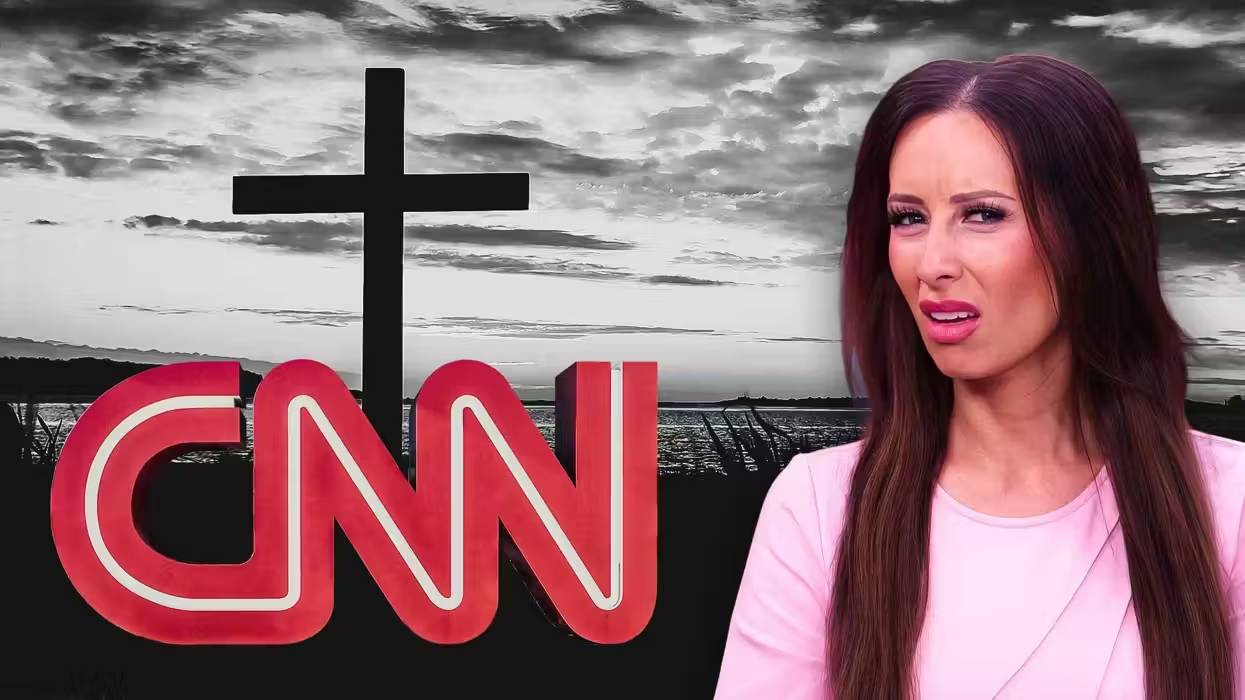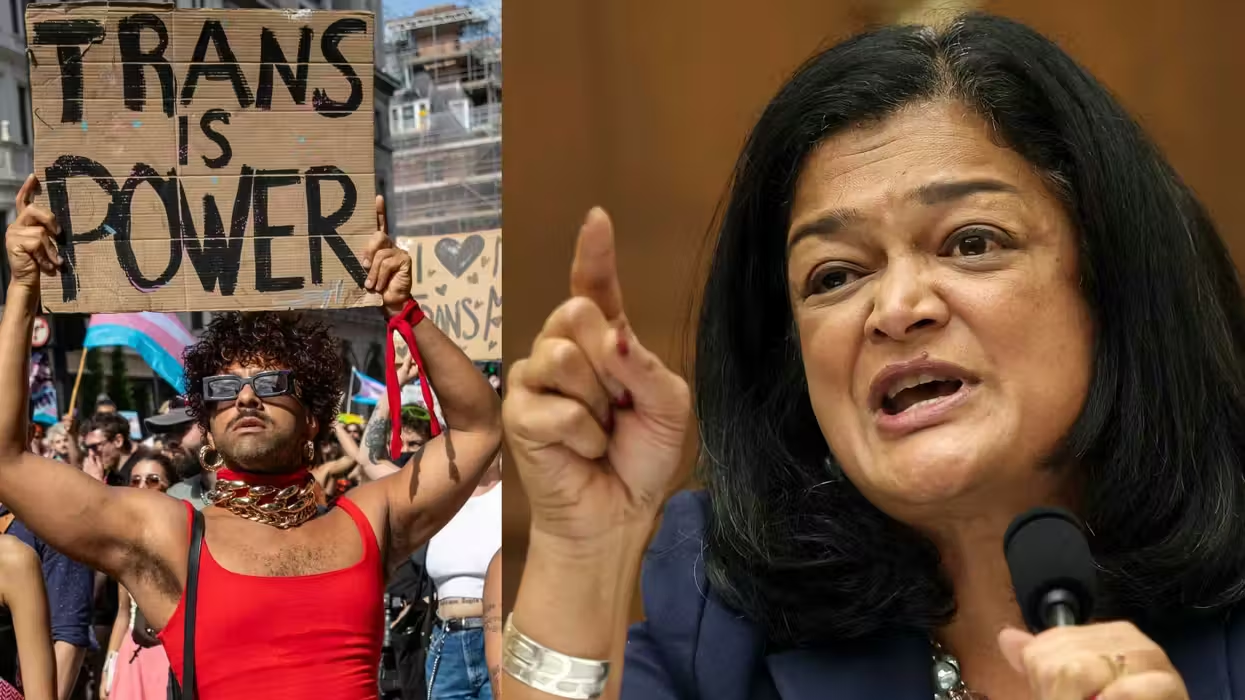
© 2026 Blaze Media LLC. All rights reserved.
U.S. representatives held meetings Tuesday on the proposal to take all Internet-related discussions off the table.
TheBlaze’s Buck Sexton last month reported on the International Telecommunications Union’s ambitious and possibly disastrous plan for Internet regulation:
... the ITU believes the Internet needs a massive, unaccountable bureaucracy to manage the web -- the most complex and evolving technological innovation in the world.And for the world’s most important technological invention since perhaps Gutenberg’s printing press, the ITU can think of no better governing authority than a handful of U.N bureaucrats responsive to a vast array of national governments.
Basically, the ITU has proposed, as Mr. Sexton puts it, a U.N. takeover of the Internet. Amazingly enough, a few U.S. politicians were actually receptive to the idea.
But now U.S. envoys are calling for an end to any and all discussion on the topic.
American envoys say they are working with other nations on a proposal to drop all discussions on possible Internet regulations from a U.N. telecommunications conference in Dubai.
 Participants listen to the speech of Hamdoun Toure, Secretary General of International Telecommunication Union, ITU, seen on screens, at the eleventh day of the World Conference on International Telecommunication in Dubai, United Arab Emirates, Monday Dec. 3, 2012. (AP Photo/Kamran Jebreili)
Participants listen to the speech of Hamdoun Toure, Secretary General of International Telecommunication Union, ITU, seen on screens, at the eleventh day of the World Conference on International Telecommunication in Dubai, United Arab Emirates, Monday Dec. 3, 2012. (AP Photo/Kamran Jebreili)
The U.S. is leading calls to reject possible new codes on the Net by the ITU, a 193-nation body making its first major oversight revisions in nearly 25 years. U.S. representatives held meetings Tuesday on the proposal to take all Internet-related discussions off the table.
The U.S. fears any U.N. Internet regulations could complicate commerce and be used by nations such as China and Russia to justify further cyber-crackdowns.
But the head of the U.N. group, Hamadoun Toure, insists the 11-day talks will not limit freedom of expression and will mostly seek ways to broaden Internet services to developing countries.
Follow Becket Adams (@BecketAdams) on Twitter
The Associated Press contributed to this report. Featured image courtesy Getty Images.
Want to leave a tip?
We answer to you. Help keep our content free of advertisers and big tech censorship by leaving a tip today.
Want to join the conversation?
Already a subscriber?
more stories
Sign up for the Blaze newsletter
By signing up, you agree to our Privacy Policy and Terms of Use, and agree to receive content that may sometimes include advertisements. You may opt out at any time.
Related Content
© 2026 Blaze Media LLC. All rights reserved.
Get the stories that matter most delivered directly to your inbox.
By signing up, you agree to our Privacy Policy and Terms of Use, and agree to receive content that may sometimes include advertisements. You may opt out at any time.






